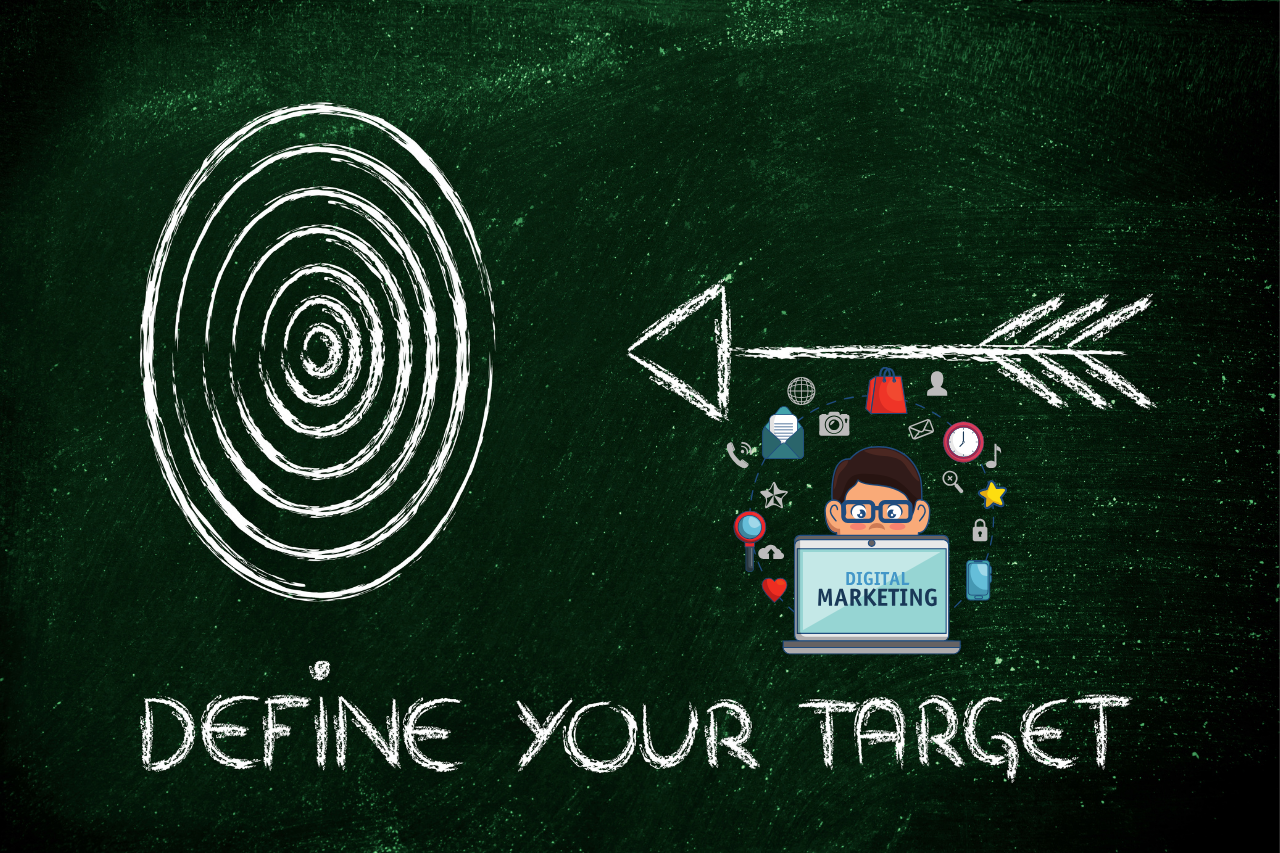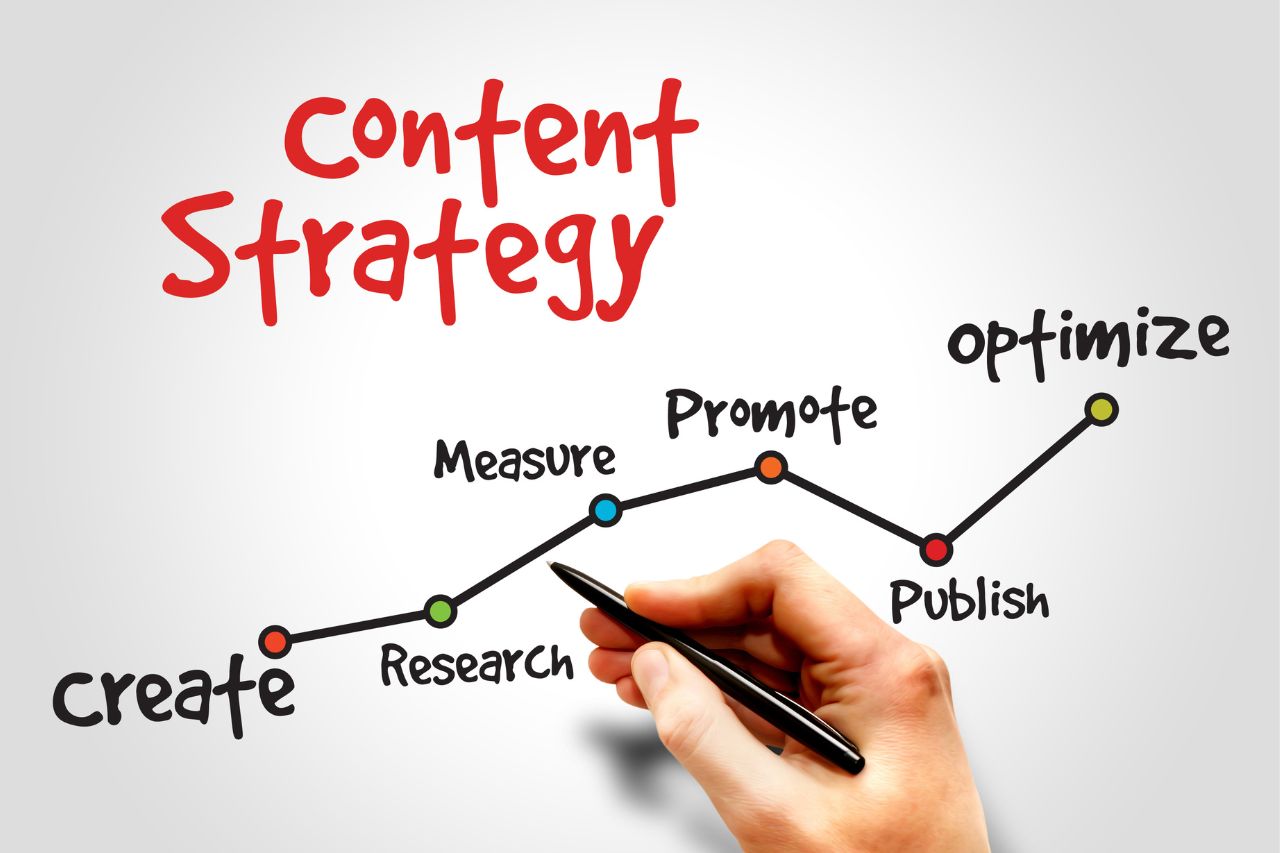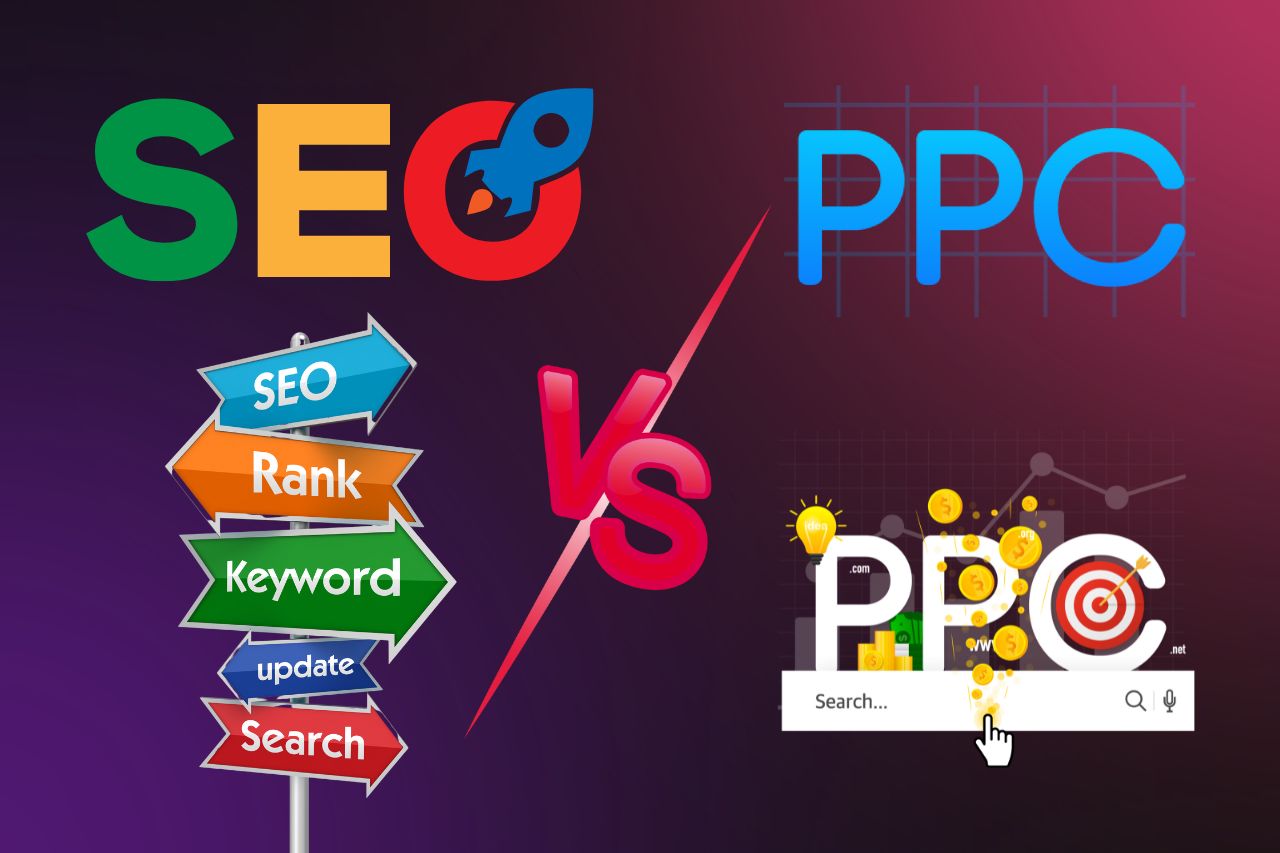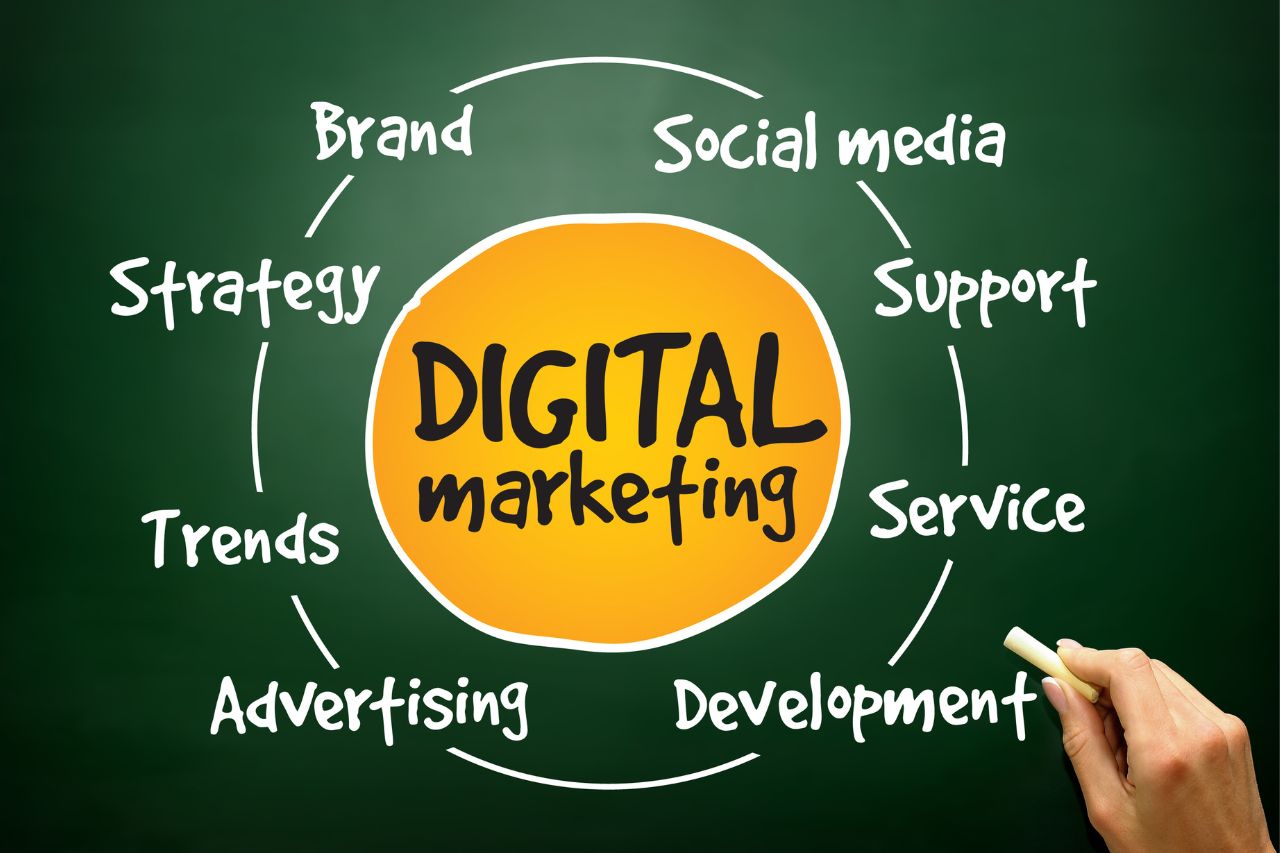In today’s technology-driven world, digital marketing has become a cornerstone of successful business operations. Whether you’re a small business owner, a freelancer, or part of a large organization, understanding the fundamentals of digital marketing can unlock opportunities to connect with your audience, drive growth, and achieve your goals.
As someone who has spent over 15 years mastering this field, I’m Chandan Kumar Mehta, Co-founder of Global Info Edge. I specialize in performance marketing, lead generation through advanced ad strategies, conversion rate optimization, and designing marketing and sales funnels that deliver measurable results. This guide will provide you with a clear understanding of digital marketing and its potential to transform your business.
What is Digital Marketing?
Digital marketing refers to the use of digital channels, platforms, and strategies to promote products, services, or brands to potential customers. Unlike traditional marketing, which relies on mediums like print, radio, and television, digital marketing leverages online platforms such as social media, search engines, email, and websites to reach a global audience in real time.
In simpler terms, it’s about meeting your audience where they are: online.
Why is Digital Marketing Important?
The shift to digital has revolutionized the way businesses interact with consumers. Here are some key reasons why digital marketing is essential:
- Wider Reach: With billions of internet users worldwide, digital marketing allows businesses to connect with audiences across geographical boundaries.
- Cost-Effective: Compared to traditional advertising methods, digital marketing offers affordable solutions, making it accessible even for small businesses.
- Measurable Results: Tools like Google Analytics and social media insights enable businesses to track performance and ROI in real time.
- Targeted Approach: Digital marketing allows precise targeting based on demographics, interests, online behavior, and more.
- Enhanced Engagement: Through platforms like social media, brands can directly engage with their audience, building trust and loyalty.
Key Components of Digital Marketing
Digital marketing is a multifaceted field. Let’s explore its main components:
1. Search Engine Optimization (SEO)
SEO involves optimizing your website and content to rank higher in search engine results pages (SERPs). It increases organic traffic and enhances visibility.
Key Elements:
- Keyword research
- On-page optimization
- Backlink building
- Technical SEO
2. Pay-Per-Click (PPC) Advertising
PPC is a paid advertising model where advertisers pay a fee each time their ad is clicked. Platforms like Google Ads and Bing Ads are popular for PPC campaigns.
Benefits:
- Instant visibility
- Customizable budgets
- Measurable performance
3. Social Media Marketing (SMM)
SMM involves promoting your brand on platforms like Facebook, Instagram, LinkedIn, and Twitter. It’s an excellent way to engage with your audience and build a community.
Strategies:
- Content creation
- Social media ads
- Community engagement
4. Content Marketing
Content marketing focuses on creating valuable, relevant, and consistent content to attract and retain a target audience.
Formats:
- Blog posts
- Videos
- Infographics
- E-books
5. Email Marketing
Email marketing remains one of the most effective ways to nurture leads and convert them into customers. It’s personalized, direct, and cost-effective.
Types:
- Newsletters
- Promotional emails
- Drip campaigns
6. E-commerce Marketing
For businesses selling products online, e-commerce marketing is crucial. This includes strategies like optimizing product pages, running ads on marketplaces, and using retargeting.
7. Analytics and Reporting
Tracking and analyzing data is the backbone of digital marketing. Tools like Google Analytics, HubSpot, and SEMrush help businesses make informed decisions.
Benefits of Digital Marketing
Digital marketing offers a plethora of advantages, making it indispensable in today’s competitive landscape:
1. Global Reach
Unlike traditional methods limited by geography, digital marketing enables businesses to reach a worldwide audience with minimal effort.
2. Personalization
With data-driven insights, businesses can create highly personalized campaigns tailored to individual preferences and behaviors.
3. Cost Efficiency
From small startups to large enterprises, digital marketing offers scalable solutions that fit various budgets.
4. Real-Time Interaction
Social media, live chats, and interactive content allow brands to communicate directly with their audience, fostering trust and engagement.
5. Better ROI
The ability to track every click, impression, and conversion ensures that businesses can optimize their strategies for maximum ROI.
How to Get Started with Digital Marketing
Embarking on a digital marketing journey can seem overwhelming at first. Here’s a step-by-step guide to help you get started:
1. Define Your Goals
Determine what you want to achieve through digital marketing. Are you looking to increase website traffic, generate leads, boost sales, or build brand awareness?
2. Know Your Audience
Understand your target audience’s demographics, preferences, and online behaviour. Creating buyer personas can help tailor your strategies effectively.
3. Choose the Right Channels
Select platforms and channels that align with your goals and audience. For instance, LinkedIn is ideal for B2B marketing, while Instagram is great for visual storytelling.
4. Create a Website
Your website is your digital storefront. Ensure it is user-friendly, mobile-optimized, and provides valuable content.
5. Develop a Content Strategy
Plan, create, and distribute content that resonates with your audience. Consistency is key to building trust and authority.
6. Leverage Paid Ads
Invest in paid campaigns to amplify your reach. Platforms like Google Ads and Facebook Ads offer precise targeting options.
7. Track and Optimize
Use analytics tools to monitor your campaigns’ performance. Continuously optimize your strategies based on data insights.
Common Challenges in Digital Marketing
While digital marketing offers immense opportunities, it comes with its own set of challenges:
- Keeping Up with Trends: The digital landscape is constantly evolving, requiring businesses to stay updated.
- Competition: With more businesses going digital, standing out in a crowded market can be tough.
- Data Privacy: Ensuring compliance with data protection regulations like GDPR is crucial.
- Resource Allocation: Managing time, budget, and tools effectively can be challenging, especially for small teams.
The Future of Digital Marketing
Digital marketing is continuously evolving, with new technologies and trends shaping its future:
1. Artificial Intelligence (AI)
AI-driven tools are transforming customer experiences, from chatbots to predictive analytics.
2. Voice Search
As voice assistants like Alexa and Siri gain popularity, optimizing for voice search is becoming essential.
3. Video Marketing
With the rise of platforms like YouTube and TikTok, video content is dominating the digital space.
4. Personalization
Consumers expect tailored experiences, making personalized marketing more critical than ever.
Conclusion
Digital marketing is not just a trend; it’s a necessity for businesses looking to thrive in the modern world. By understanding its fundamentals and leveraging the right strategies, you can connect with your audience, build a strong brand presence, and achieve your business goals.
Whether you’re starting from scratch or looking to refine your existing efforts, now is the perfect time to embrace digital marketing and unlock its potential. Stay tuned to the Global Info Edge Blog for more insights, tips, and strategies to help you navigate this exciting field.







